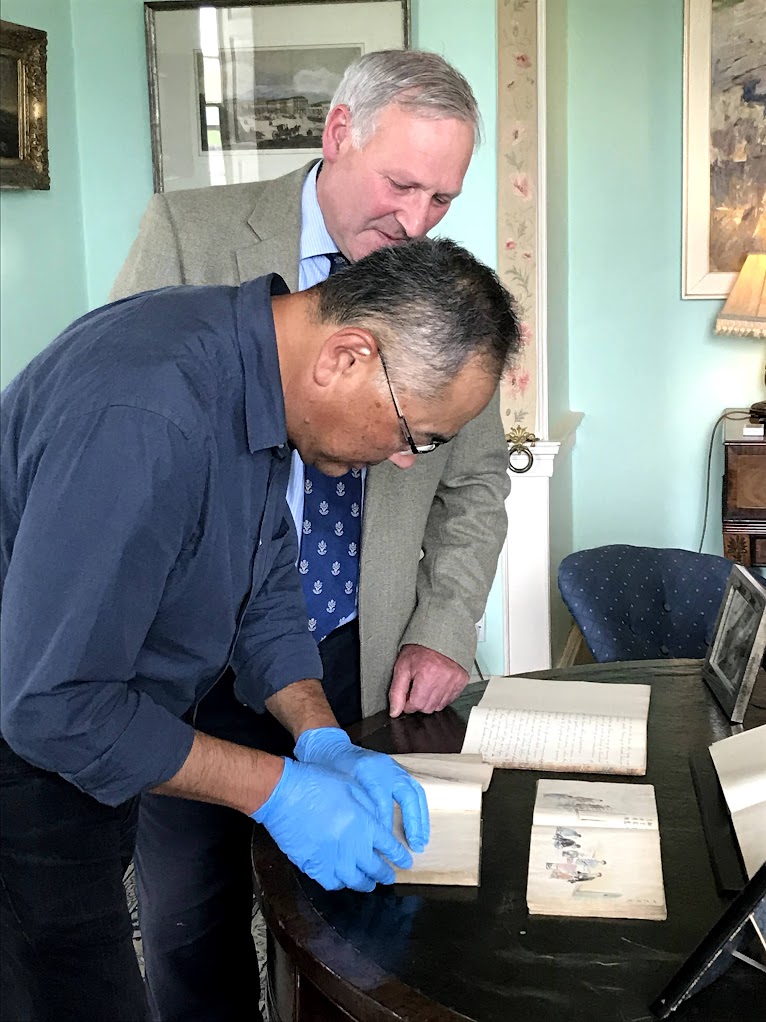Skaill House Journals
Published on Sep 16, 2022
What a long way we have come since Malcolm Macrae first showed the Skaill House Journals to Professor Yoshi Miki, visiting from California. He recognised their importance and encouraged us to involve international experts to help us discover their story.
And we have done just that.
Joe Earle has held senior positions at major museums and art institutions, including the Victoria & Albert Museum in London and the Museum of Fine Arts, Boston. Before returning to London where he is now based, he was Director of the Japan Society Gallery in New York.
He continues to be active in the field, publishing and consulting regularly.
After 30 years at Cambridge University as Professor of Japanese, Peter Kornicki retired from that position and is currently editor in chief of the journal East Asian Publishing and Society and is leader of a research group at the National Institute for Japanese Literature. He was awarded the Japan Foundation Special Prize in 1992 and the Yamagata Banto Prize in 2013, and in 2017 was awarded the Order of the Rising Sun with Gold Rays and Neck Ribbon by the Emperor of Japan. He is the author of many books on Japanese history and his latest work is “Eavesdropping on the Emperor: Interrogators and Codebreakers in Britain’s War With Japan”.
Joe and Peter combined their efforts to transcribe and translate all four volumes of the Skaill House Journals in a very short space of time (mostly during lockdown). With their guidance, we presented the Journals at this year’s annual conference of the Scottish Society for Art History, and we are now moving towards a publication of the Journals as we continue to delve into their story.
Joe Earle presented his research and told the first part of the Skaill House Journal story at a public talk hosted by the Pier Arts Centre on the 12 October 2021. The talk is available here: https://www.youtube.com/watch?v=M9ovgY5LDhw.
Peter Kornicki was back in Orkney in October 2022 to take part in the Orkney Japan Mini Festival at which he gave a talk about Japan during the 1870s to give a broader historical context to the work undertaken by Henry Scharbau and his Japanese colleagues as part of the modernisation of Japan.

